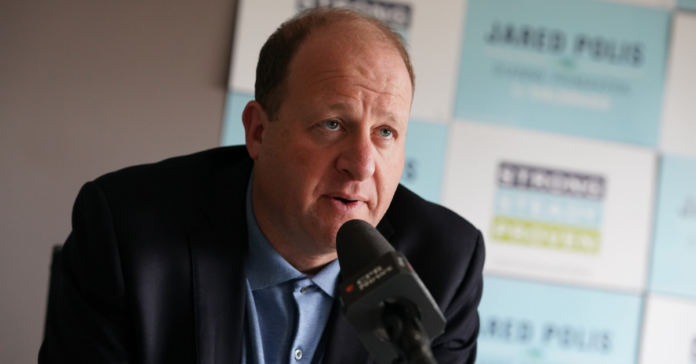Colorado’s Democratic governor has abandoned a plan to impose statewide limits on carbon emissions from power plants, citing “intense” opposition to the proposal.
In August last year, the Associated Press revealed the existence of a draft executive order targeting Colorado’s power sector. It called for a 35 percent cut in emissions by 2030, similar to the reductions that would have been mandated for Colorado under the Obama administration’s Clean Power Plan (CPP).
In Colorado, Hickenlooper’s executive order could have backed up the CPP, which has been on life-support for almost a year. The climate regulation was stayed by the U.S. Supreme Court in early 2016 to allow a series of legal challenges to be resolved and then Donald Trump – who opposes the CPP – won the presidential election.
“I think the response — the pushback — from the executive order was so intense that the potential benefits were outweighed by the collateral damage,” Hickenlooper said in a Jan. 10 exchange with reporters, according to the AP.
Hickenlooper’s move is a defeat for anti-fossil fuel groups. Faced with major losses at the national level in the 2016 level, these groups are trying to establish Obama-style energy policies in as many states as possible. While the activists are moving “from offense to defense” in Washington, D.C., “we can still make progress on climate and clean energy in states and cities,” the Natural Resources Defense Council said last month.
In Washington State, for example, Gov. Jay Inslee (D) is pressing lawmakers to pass a carbon tax. Inslee is pushing the proposal even though the state’s voters rejected a carbon tax ballot measure last year by 59-41 percent.
But Hickenlooper’s decision to drop the CPP backup plan shows a divide among Democrats about how to move forward on energy and environmental policy in the wake of the 2016 election.

